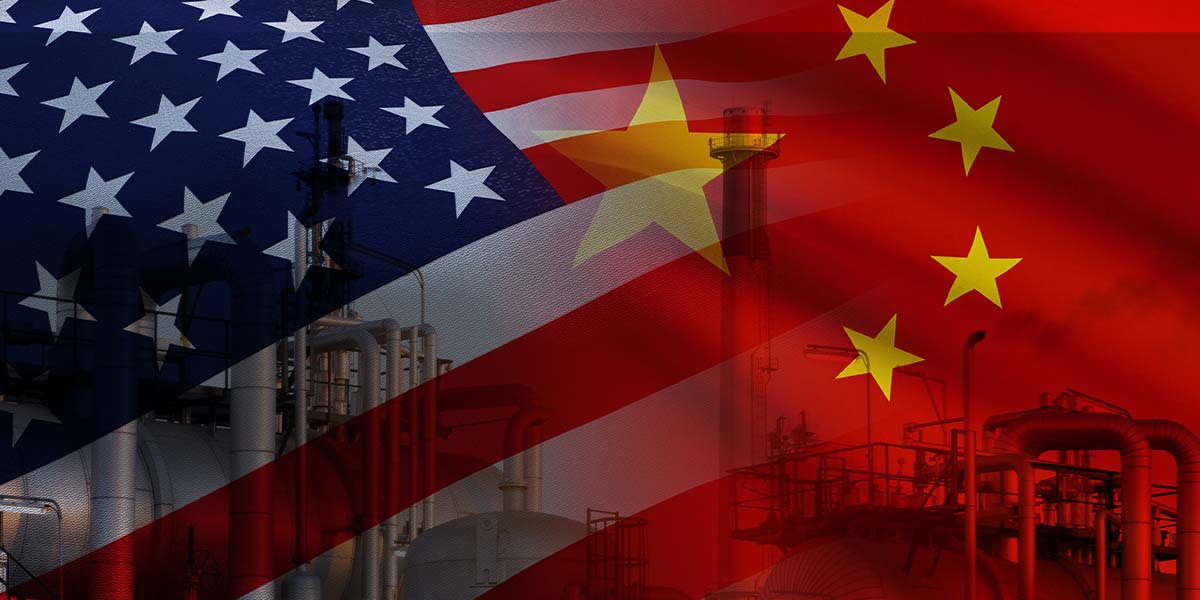The United States Treasury has imposed new sanctions on approximately 100 individuals, entities, and vessels allegedly linked to Iran’s oil and petrochemical trade—including a Chinese independent refinery and port terminal—intensifying Washington’s crackdown on Tehran’s energy exports.
The move, announced Thursday by President Donald Trump’s administration, aims to further restrict Iran’s access to global markets and disrupt its sources of funding.
Among those sanctioned is Shandong Jincheng Petrochemical Group, an independent “teapot” refinery in Shandong Province. According to the Treasury, the facility has purchased millions of barrels of Iranian oil since 2023, circumventing U.S. sanctions.
Also added to the sanctions list was Rizhao Shihua Crude Oil Terminal, which operates at Lanshan port in China. The terminal reportedly accommodated at least twelve vessels from Iran’s so-called “shadow fleet”—tankers Kongm, Big Mag, and Voy among them—used to mask the origin of sanctioned crude shipments.
U.S. officials assert that proceeds from Iran’s oil exports continue to finance the country’s nuclear and missile programs, as well as militant groups across the Middle East. Iran maintains that its nuclear programme is for peaceful applications.
The sanctions come as Israel and Hamas sign a Gaza ceasefire and hostage release deal, an agreement that, if executed, could ease a conflict involving Iran-backed groups across the region. Despite such diplomatic developments, U.S. officials remain resolute in their campaign to curb Iran’s energy trade.
According to the Treasury, this marks the fourth round of measures targeting China-based refineries that continue to process Iranian crude. Treasury Secretary Scott Bessent stated that the Department is curbing Iran’s revenue streams by targeting and dismantling crucial components of the country’s energy export apparatus.
At a White House cabinet meeting held after the announcement, President Trump noted that Iran had expressed support for the Israel-Hamas ceasefire and indicated U.S. willingness to collaborate with Tehran, while reiterating that Iran must not acquire a nuclear weapon. President Trump remarked that while the U.S. would welcome Iran’s ability to rebuild its country, it cannot be permitted to acquire a nuclear weapon. He also noted his upcoming trip to the Middle East.
Despite years of U.S. sanctions, Iran has continued to ship sizable quantities of crude.
Separately, the State Department announced a new designation against Jiangyin Foreversun Chemical Logistics—the first China-based terminal sanctioned for handling Iranian petrochemicals.
The Chinese government denounced the latest sanctions, with Liu Pengyu, spokesperson for China’s embassy in Washington, reiterating Beijing’s firm opposition to what it described as the U.S.’s misuse of illegal unilateral measures. Liu urged the U.S. to cease its interference in normal economic and trade relations between China and Iran, and warned that China would take all necessary actions to protect the legitimate rights and interests of its companies.




